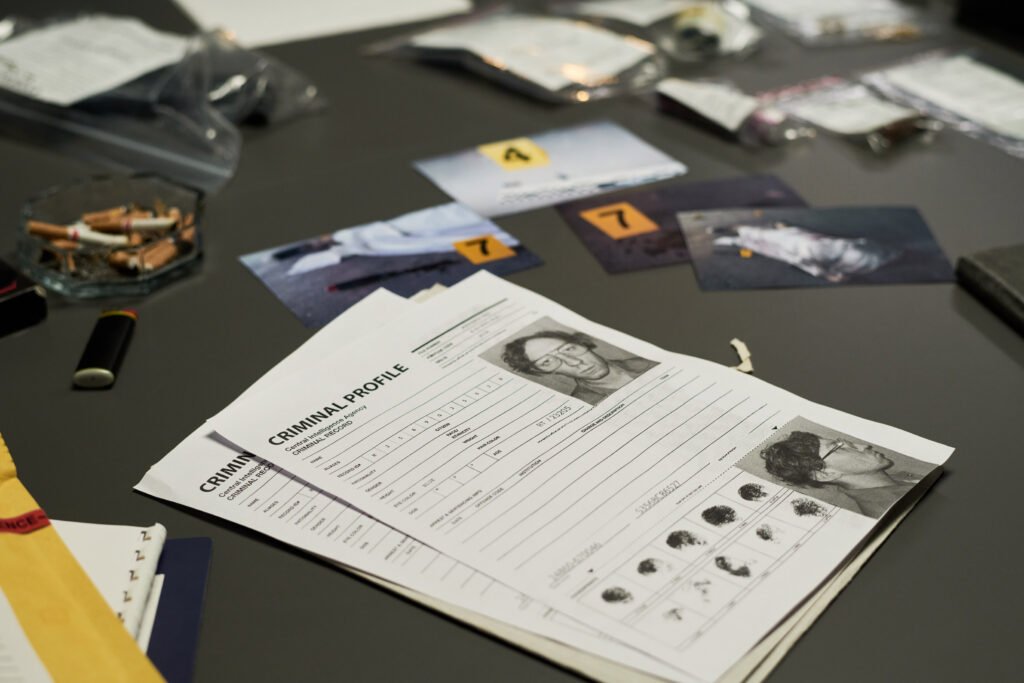We work with Venezuelan nationals who have open U.S. criminal cases but are currently residing in Venezuela. With a potential change in political climate, many may face:
- Increased risk of extradition to the U.S.
- Difficulty renewing visas
- Seizure of U.S.-based assets
- Money laundering or sanctions-related investigations tied to Venezuela
If you have unresolved U.S. charges, now is the time to act—before changes in government increase legal exposure.
FAQs About U.S. Criminal Charges and Extradition Risk for Venezuelan Nationals
Yes. While extradition between Venezuela and the U.S. is currently limited, changes in political leadership or international agreements could lead to active enforcement of outstanding arrest warrants or criminal charges.
Federal offenses such as money laundering, fraud, drug trafficking, and sanctions violations are more likely to trigger extradition requests—especially if tied to cross-border financial activity.
It’s unlikely. Open criminal cases can result in visa denial or revocation. U.S. immigration authorities may also flag you for inadmissibility, making it difficult to reenter or apply for any legal status.
Yes. If you have U.S.-based assets and are under investigation or indictment, those assets can be frozen or seized, especially in money laundering or sanctions enforcement cases.
Contact a U.S.-based criminal defense attorney immediately. You may be able to resolve your case through counsel—sometimes without returning to the U.S.—depending on the charges and court.
Yes. Due to economic conditions and past enforcement trends, Venezuelan nationals involved in cross-border transfers, crypto, or third-party wire activity may be investigated under sanctions law.
Violating U.S. economic sanctions—such as transferring funds through unauthorized channels or doing business with blacklisted entities—can lead to criminal prosecution for sanctions evasion or conspiracy.
Yes. Extradition defense is possible but complex. It depends on treaties, the political relationship between countries, and the type of charge. A defense attorney can challenge extradition based on legal or human rights grounds.
Your attorney can check with the court or run a federal warrant search. Many Venezuelans are unaware they’ve been charged because indictments or bench warrants can be issued without personal notice.
Political shifts or improved diplomatic relations may lead to more aggressive extradition enforcement. Resolving your case now may help avoid future detention, visa issues, or financial losses.

